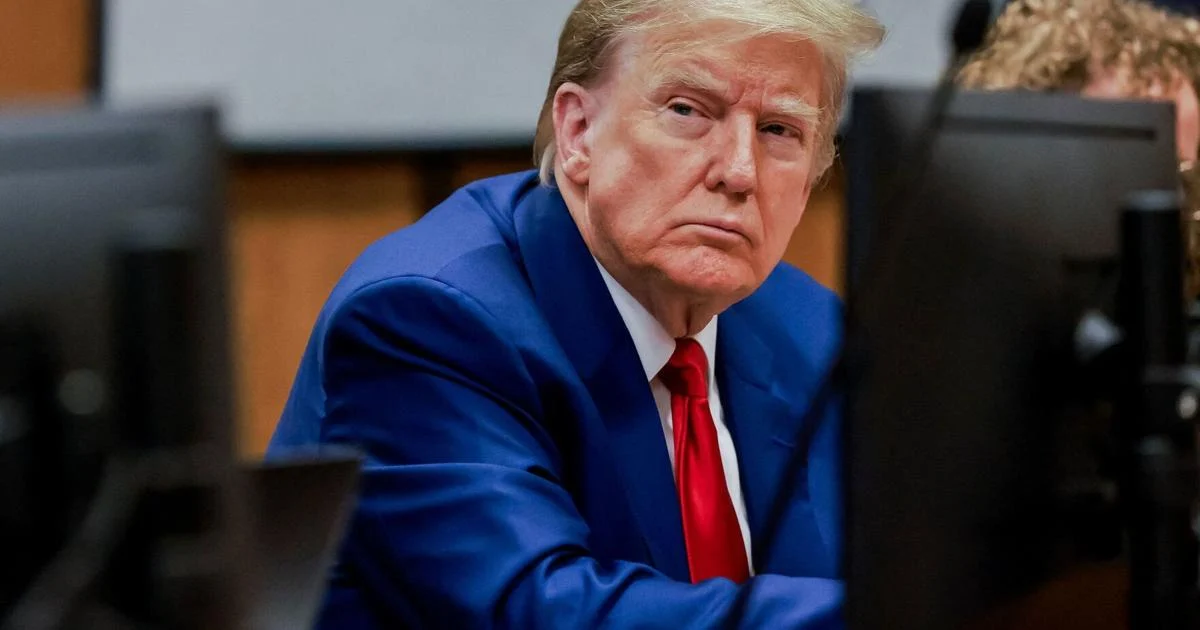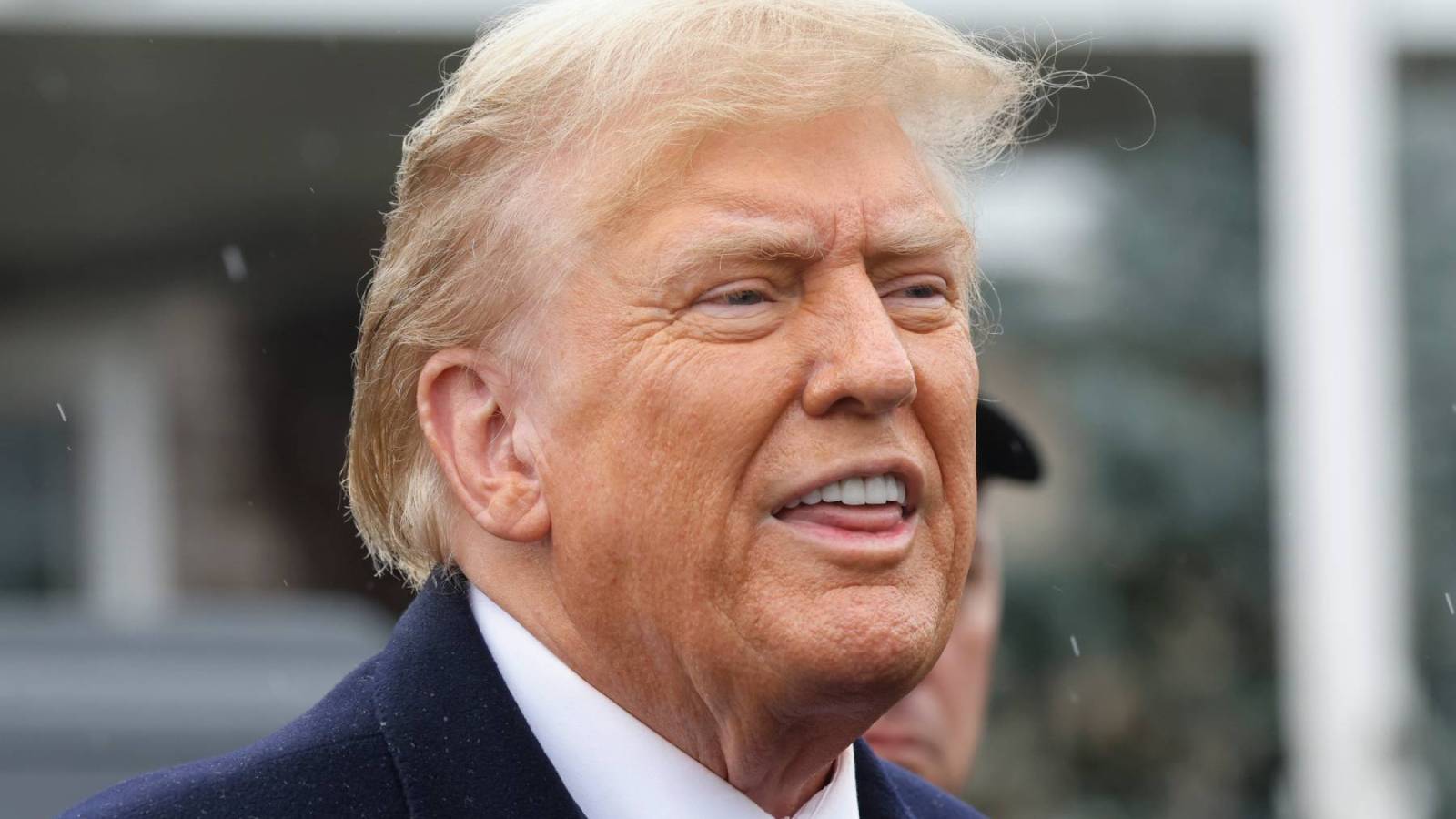The former president, Donald Trump, has halted the collection of a nearly half-billion dollar judgment against him as he appeals the verdict in a New York civil fraud case.
On Monday, Trump posted a $175 million bond, preventing state authorities from collecting a $454 million penalty and seizing his assets, including properties like Trump Tower, while his appeal is ongoing.
Should Trump’s appeal fail, he will still be liable for the hefty judgment, plus millions in interest. However, if he succeeds in overturning the verdict, he will recover the bond money and owe nothing to the state.
Initially facing difficulties in gathering the full penalty imposed by the New York civil court for financial fraud against investors and the state, Trump’s lawyers indicated his inability to secure the funds after 30 underwriters declined. However, an appeals court intervened, halting the collection of the judgment and granting Trump and his co-defendants 10 days to post a significantly reduced $175 million bond.

Trump (Credits: KITV)
This development marked a significant victory for Trump, sparing his assets from seizure if he failed to post the bond by the designated deadline. The bond was provided by the Los Angeles-based Knight Insurance Group.
Trump’s attorney, Alina Habba, stated, “As promised, President Trump has posted bond. He looks forward to vindicating his rights on appeal and overturning this unjust verdict.”
In response to these legal developments, Trump took to Truth Social on Monday night, asserting his innocence in a lengthy statement. He claimed that his financial statements were conservative and that there were no victims except himself, insisting that there was no crime or damage, only success, and satisfied banks.
The verdict against Trump, his flagship company, and several associates came in September, with the state alleging fraud by manipulating the values of Trump’s properties to deceive investors and taxpayers. Judge Arthur Engoron additionally barred the former president from holding officer or director positions in any New York corporation or legal entity for three years.























